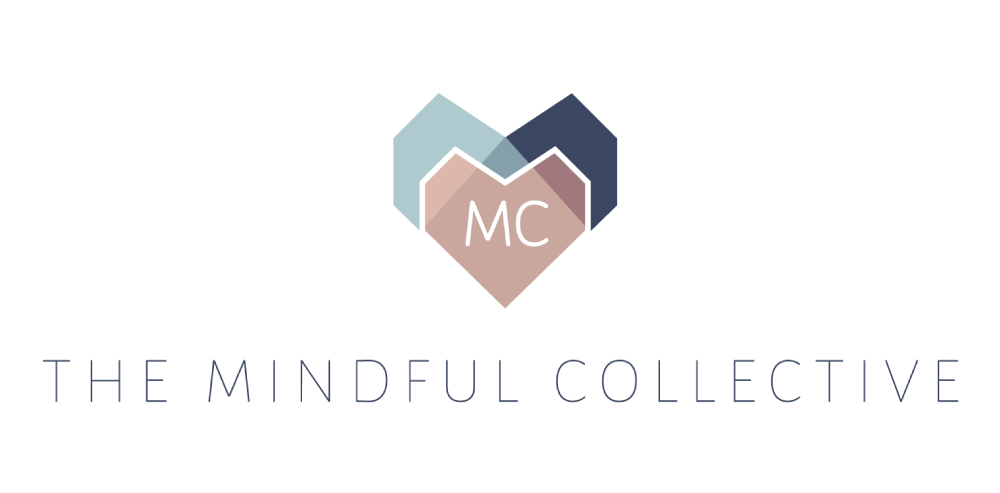We live in a world where comparison is the norm. We compare our jobs, our hobbies, our weekend events, our holidays, our friends, our incomes and more shockingly our bodies. Most of us struggle with, or have previously struggled with, body dissatisfaction, poor body image or body comparison in some way, robbing us from leading a life full of joy. This needs to stop.
Australia’s National Eating Disorders Collaboration defines body image as the perception that a person has of their physical self, but more importantly the thoughts and feelings the person experiences as a result of that perception. They believe that there are four aspects of body image:
1. The way you see yourself (Perceptual)
The way you see your body is not always a correct representation of what you actually look like. For example, a person may perceive themselves to be fat when in reality they are underweight. How a person sees themselves is their perceptual body image.
2. The way you feel about the way you look (Affective)
There are things a person may like or dislike about the way they look. Your feelings about your body, especially the amount of satisfaction or dissatisfaction you experience in relation to your appearance, weight, shape and body parts is your affective body image.
3. The thoughts and beliefs you feel about your body (Cognitive)
Some people believe that they will feel better about themselves if they are thinner. Others believe they will look better if they develop more muscle. The way you think about your body is your cognitive body image.
4. The things you do in relation to the way you look (Behavioural)
When a person is dissatisfied with the way they look, they may employ destructive behaviours such as excessive exercising or disordered eating as a means to change appearance. Some people may isolate themselves because they feel bad about the way they look. Behaviour in which you renege as a result of your body image encompasses your behaviour body image.1
With this in mind we can clearly see that as we begin to compare ourselves to others we risk affecting our thoughts, emotions and behaviour. We can easily become fixated on trying to change our body shape and get caught up in feelings of guilt and low self-esteem. This can lead to a heightened risk of developing an eating disorder or poor body image and body dissatisfaction as we engage with unhealthy practices with food and exercise in hope of alleviating these negative feelings.
However we need to remember that there is no right or wrong when it comes to body shape or appearance. Yes that can be hard to accept, however challenging the acceptance of our body shapes and limiting the comparison of ourselves is a crucial step towards feeling positive about our weight, shape, size and appearance.1
Having previously suffered from an eating disorder, body acceptance has been a real challenge. I find it hard at times to love myself, limit comparisons and accept my body – imperfections and all. Therefore I decided that something had to change. I needed to change the way I viewed and thought about myself as well as my negative self-talk in order to have a positive effect on my thoughts, emotions and behaviour. For that reason I decided to write a pledge not only for myself, but for all women struggling with poor body image and body dissatisfaction in hope that it would remind us to accept our true selves.
Dear Body,
I’m sorry I’ve treated you unkindly and poorly in the past.
You were never a problem.
I’m sorry for letting what other people think colour my judgment of you.
There is nothing wrong with your size, your curves, your scars, your flaws, your stretch marks or you.
I know you are subjected to comparisons, daily put downs and even put through pain in hopes of looking like the people on my Instagram account or Facebook newsfeed. However, it’s not your job to look “pretty” because you’re good enough already!
So this year instead of working against you, I will work with you.
Instead of going on crash diets, skipping meals, binging on junk food and sacrificing on exercise and sleep, I will try to keep you healthy and happy.
I know our relationship in the past has been very unstable, abusive and at times irrational and crazy but I promise to love you and be more thankful for all that you do for me and allow me to do.
I promise to take responsibility for why you might be feeling unwell, sluggish, lethargic and rundown and not lay the blame unfairly on you. I promise to invest in self-care and treat you to the occasional massage or pedicure.
This year I promise to remind you daily that you are good enough and full of worth. And when I look at you in the mirror I promise to silence your haters and look at you with loving eyes.
I will stop taking out my stress on you by abusing you through my lifestyle choices. I will cherish you, stick up for you, encourage you, motivate you, celebrate you and embrace you because whether we like it or not, we are in this together – daily – every day – for the rest of our life.
With love and gracious kindness,
Me.
Take some time today to appreciate and celebrate all the amazing things that your body does for you and let these mindful words empower you to accept yourself just as you are. Then take some time to practice self-care and say some loving words to yourself as you learn to work with your body rather than against it.
References (check them out for more information):
1. National Eating Disorders Collaboration. 2011. Body Image Fact Sheet. [ONLINE] Available at: http://www.nedc.com.au/files/logos/Fact%20sheet_Body%20Image_2013.pdf. [Accessed 22 February 16].
